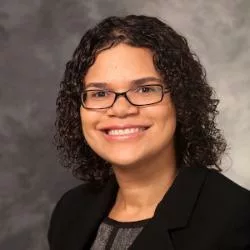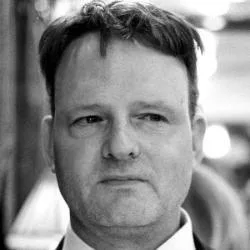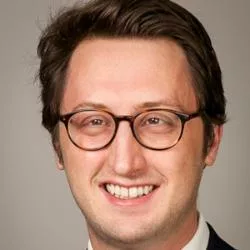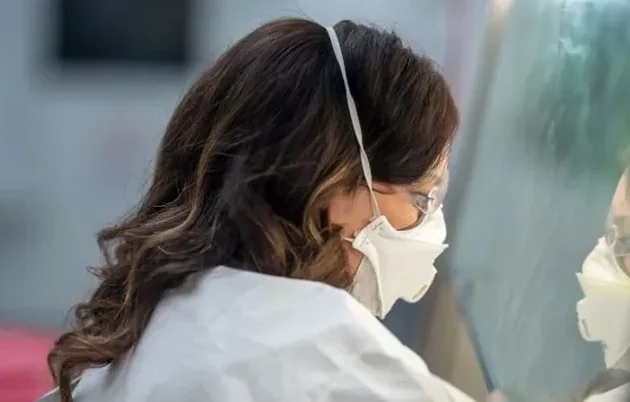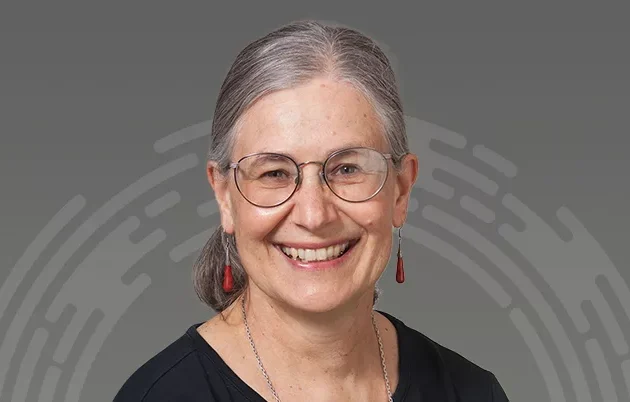Currently, I am a fourth-year neurology resident at the University of California, San Francisco (UCSF). I also am a post-doctoral researcher in Dr. Allan Basbaum’s laboratory, where I study the neural circuits that contribute to pain.
At three diverse clinical sites — UCSF Parnassus, San Francisco General Hospital and the San Francisco Veterans Administration Hospital — I care for patients who have a variety of neurologic conditions, from peripheral neuropathy and migraines to more complex conditions characterized by disruption of thought and loss of self. Such a practice demands rapid adjustment, from quick thinking and emergent interventions to careful consideration of extensive diagnostic workups.
My most memorable patients are those at the ends of this spectrum. I think fondly of patients who have achieved complete neurologic recovery as a result of quick recognition and decisive treatment for potentially disabling strokes. I reflect with profound gratitude on the difficult moments during which I have been able to support families as they made end-of-life decisions for loved ones. My work feels most important in the moments I am able to be present with patients and families as they come to understand the significance of an illness.
When I complete my residency, I will begin a one-year pain medicine fellowship in the UCSF Department of Anesthesia. This will help me gain skills using multimodal approaches, including behavioral therapies, medications and procedures.
When I applied to medical school, I was already fascinated by the relationship between brain and behavior. I considered several specialties before deciding to pursue neurology.
This is a challenging, exciting field that is evolving rapidly. In my short time in practice, I have witnessed the emergence of new tests, therapies and devices that are fundamentally changing patients’ lives. For those drawn to the intersection between mind and body, this is an excellent specialty.
